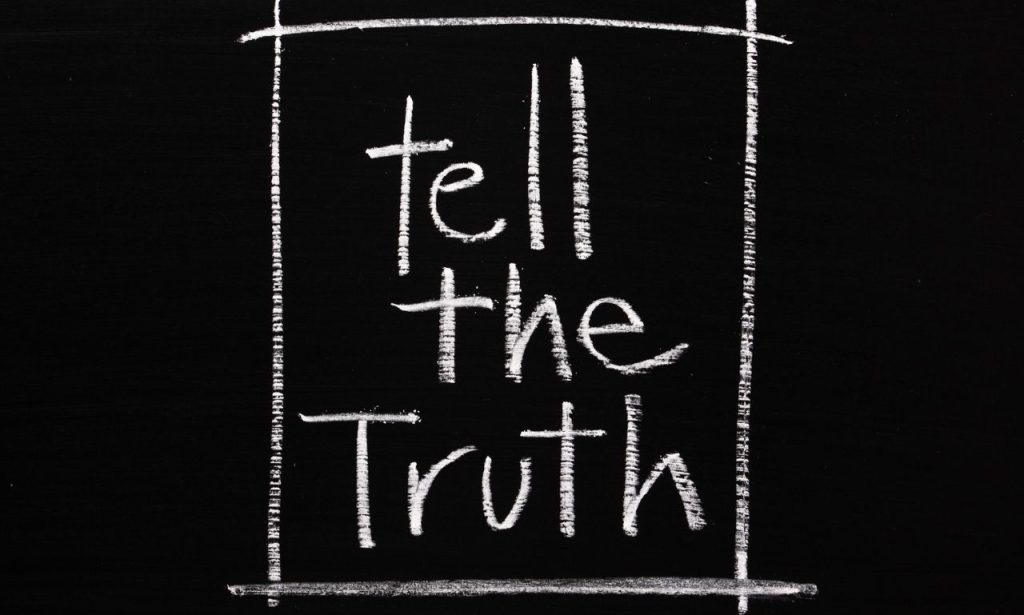Divorce is never easy. It comes with emotional and legal challenges that can overwhelm anyone. One of the most intimidating parts of divorce proceedings is the deposition. Many clients come to me feeling anxious about this step. They wonder what questions they’ll face and how to prepare. I’ve guided hundreds of clients through this process over the years. The proper preparation can make all the difference in your case outcome. This article will explain everything you need to know about divorce depositions. You’ll learn their purpose, what to expect, and how to handle yourself effectively.
What is a Divorce Deposition?

A divorce deposition is a formal questioning session under oath. It happens during the discovery phase of divorce proceedings. The opposing attorney asks you questions while a court reporter records everything. Your answers become sworn testimony that can be used in court later. Depositions serve as a fact-finding tool in the divorce process. They help attorneys gather information that might not appear in documents. Both sides can depose the other spouse and potential witnesses. This includes financial experts, child psychologists, or anyone with relevant information.
What Types of Divorce Deposition Questions Can You Expect?
The questions during depositions focus on significant aspects of your divorce case. Deposition questions first identify fundamental details about your marriage and your background information. The questions will ask for information regarding your educational background, occupational experience, and marriage chronology. Your financial deposition questions will reveal information about your financial assets, debts, income sources, and spending patterns. When questioned during deposition, you must completely understand financial documents.
During questioning, the attorney will focus on particular transactions and accounts. The questions regarding children evaluate your parenting abilities and relationships with them. The questions address how you handle daily life with your children, your methods of discipline, and your participation in their development. The attorney will ask you multiple specific questions regarding how you parent your children.
The most common question categories include:
- Financial matters (income, assets, expenses, and debts)
- Child-related issues (parenting time, communication, and decision-making)
- Property division concerns (ownership, valuation, and distribution preferences)
- Personal conduct that might affect custody or property decisions
- Communication patterns between spouses
How Can You Prepare for a Divorce Deposition?

Preparation is crucial for a successful deposition experience. Your first step should be to attend preparation sessions with your attorney. You must examine all necessary documentation, including financial statements and messages exchanged between you and your spouse. Prepare responses to anticipated challenging questions that will appear during the deposition process. Your attorney must arrange mock deposition practices to help you develop more confidence. The practice runs enable you to create suitable answers for tough questions. Attorneys prepare you to stay composed while being interviewed through deposition sessions.
The deposition date requires you to collect and analyze all financial documents beforehand. The required documentation includes tax returns, bank statements, investment accounts, and property records. Reviewing financial documents enables you to provide correct answers when responding to economic questions. Develop a chronological list of essential events in your marriage and divorce. You will answer questions accurately by organizing the dates and sequences in advance. Review essential discussions and important events that may appear during questioning. The opposing attorney will inquire about particular events in great detail.
What Happens During a Deposition?
The deposition begins with swearing in and preliminary instructions. The court reporter administers an oath similar to court testimony. Your attorney and the opposing counsel will be present throughout the session. Sometimes, videographers record the proceedings for later reference. The opposing attorney then begins questioning you about relevant topics. Questions usually start with background information before moving to specific issues. Your attorney may object to certain questions during the deposition. These objections are noted in the transcript for later court review. You still answer most questions unless instructed otherwise.
The court reporter creates a verbatim transcript of all questions and answers. This transcript becomes an official record that can be used in court. After the deposition, you can review the transcript for accuracy. Make necessary corrections while following proper legal procedures. Your attorney will use the information gathered to develop a case strategy. They might adjust settlement approaches based on deposition revelations. The opposing side does the same with your testimony.
What’s the Difference between Deposition and Mediation?
What is a Deposition?
A deposition is an evidence-gathering tool in the litigation process. It happens under oath, with court reporters present to record testimony. Attorneys conduct questioning to obtain information for potential trial use. Depositions are adversarial by nature, focusing on fact-finding. They serve as opportunities to lock in testimony before trial. What you say during deposition can be used to challenge later statements. Depositions follow formal rules of procedure with limited flexibility. They typically occur in attorneys’ offices rather than courtrooms.
What is Mediation?
Mediation is a collaborative process aimed at reaching settlement agreements. A neutral third party (the mediator) facilitates discussion between divorcing spouses. The goal is to find mutually acceptable solutions without court intervention. Mediation focuses on problem-solving rather than establishing facts. It allows creative solutions that courts might not consider. The process is confidential, and discussions cannot be used in court. Mediation is voluntary and non-binding until parties sign final agreements. It typically takes place in conference rooms with a more relaxed atmosphere.
How to Handle a Deposition in a Divorce
Always Tell the Truth

Honesty is essential during deposition testimony. Lying under oath constitutes perjury, which carries severe legal consequences. Even small lies can destroy your credibility in the entire case. Judges and attorneys quickly recognize patterns of dishonesty. If you’re caught in one lie, everything else becomes questionable. The truth provides the strongest foundation for your case. Your attorney can work with unfavorable facts better than lies. Think of deposition as a chance to tell your side truthfully. The legal system respects honesty even when facts aren’t perfect.
Do Not Hurry Your Answers, and Answer Clearly
Take time to think before responding to questions. Rushing leads to mistakes and misstatements you might regret. Pause briefly after each question to organize your thoughts. Speak clearly and at a moderate pace for accurate transcription. Remember that court reporters need to capture every word. Avoid nodding or shaking your head since these don’t record in transcripts. Use verbal responses instead of physical gestures throughout questioning. Maintain good posture and speak confidently when delivering answers. Clear communication strengthens the impression you make during deposition.
Provide Only the Information You Are Asked For
Answer only what’s asked explicitly without volunteering additional information. Providing extra details often creates new lines of questioning. Keep answers concise and directly responsive to each question. Don’t explain your reasoning unless specifically asked to do so. Avoid the temptation to fill silence after you’ve answered. Let the attorney ask the following question without prompting. If you don’t know an answer, simply say so. “I don’t know” or “I don’t recall” are perfectly acceptable when truthful. Never guess at answers when uncertain about facts.
Ask for Clarification
Feel free to demand a proper explanation of any questions you find confusing. Understanding all aspects is more beneficial than giving incorrect responses. Request the attorney to simplify complex questions by dividing them into separate parts. Difficult questions frequently lead deponents to provide wrong information to interrogators. Every person has the right to comprehend all questions presented to them fully. Ask the attorney to simplify communication when dealing with abstract or professional terminology. This method proves both careful and focused on precise responses. You obtain valuable time to think about your answers methodically. The clarity of your understanding will result in more accurate and useful testimony.
Conclusion
The legal procedure benefits greatly from divorce deposition proceedings. The collected factual information becomes part of your legal case records to determine its future direction. How you prepare for a deposition determines the final results of your deposition testimony. Your attorney needs your close collaboration for the deposition process from the beginning until the end of the session. The fundamental deposition techniques include maintaining honesty while you think before responding to direct questions and clarifying anything you need help with. The methods enable you to handle this complex process successfully. The evidence collected through depositions frequently creates new settlement chances. Discovery completion leads to case resolution in most instances before the trial begins.
How you perform during your deposition will determine significant aspects of your divorce settlement. Treat the deposition seriously while preparing thoroughly. Financial well-being and the potential loss of child guardianship are the primary concerns. Acceptable guidance combined with necessary preparation will help you execute this procedure effectively. View your deposition as a chance to share your facts accurately. Viewing the situation in this way helps control anxiety levels and boosts your performance abilities. Your attorney exists to safeguard your interests at all times during the proceedings. The advice provided by their lawyers before and during the deposition process creates the foundation for achieving positive case outcomes.
Also Read: What Not to Say in Divorce Court
FAQs
Most divorce depositions last between 3-6 hours, though complex cases may extend to multiple days.
You must answer all relevant questions unless your attorney specifically instructs you not to respond.
Your spouse has the right to attend but often chooses not to be present.
No, uncontested or mediated divorces often resolve without formal depositions.





